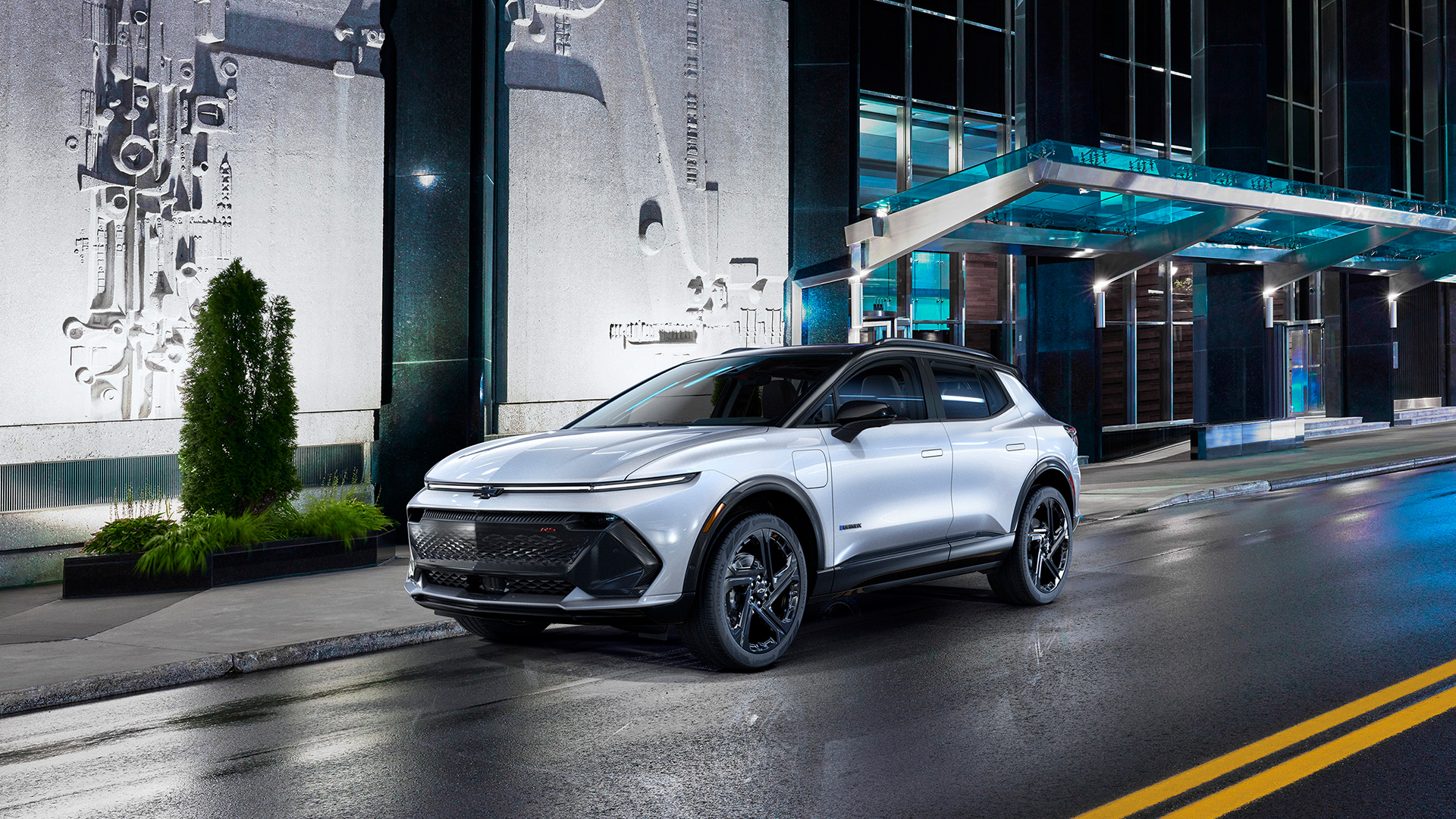
General Motors caused a stir earlier this year when it announced plans to phase out Apple CarPlay and Android Auto in future cars, in favor of an in-house system developed with Google’s help.
Naturally, this wasn’t a huge hit with iPhone users and Apple CarPlay fans in general, as GM stated that the new system would rely on Google apps, like Google Maps and Google Assistant for voice commands.
But in a conversation with MotorTrend, Tim Babbitt, GM’s head of infotainment, noted that driver safety was a key part of the decision to nix Apple CarPlay and Android Auto screen mirroring services.
According to MotorTrend, Babbitt stated, “CarPlay and Android Auto have stability issues that manifest as poor connections, poor display, slow responses, and dropped connections. When CarPlay and Android Auto have issues, drivers pick up their phones again, taking their eyes off the road and completely defeating the purpose Of these phone mirroring programs.”
GM’s solution to getting drivers to install and log into all their favorite apps on the automaker’s Ultifi infotainment operating system would eliminate the need to physically pick up a phone, while Google’s voice assistant is a powerful tool to enable app interaction without having to use the phone. Your hands off the steering wheel.
However, many industry commentators were quick to point out that this argument is deeply flawed. Ford CEO Jim Farley took to social media (below) to say his company is still working “closely with Apple and Google to create a high-quality customer experience” as they “help keep their eyes on the road and their hands on the wheel.” “.
We’re committed to preserving Apple CarPlay and Android Auto. @Ford customers love these features because they help keep their eyes on the road and their hands on the wheel. We work closely with Apple and Google to create a high-quality customer experience. And I think we have… pic.twitter.com/77gCex6evdDecember 13, 2023
In fact, even Anna Yu, GM’s director of communications, was quick to chime in to claim that these safety comments weren’t entirely accurate.
“GM’s integrated infotainment strategy is driven by the benefits of having a system that allows for greater integration with the larger GM ecosystem and vehicles,” Yu said in an email to The Verge and others.
Read between the lines, and a lot of the arguments are about data and, in particular, the ability to monetize the vast amount of data that in-car apps can collect. If GM lets Apple CarPlay and Android Auto take care of infotainment, it’s wasting an opportunity for additional revenue.
In fact, Edward Comer, GM’s chief digital officer, admitted as much in an interview with Reuters earlier this year. “We think there are subscription revenue opportunities for us,” Comer said. Reuters went on to reveal that GM CEO Mary Barra aims to achieve annual revenues of between $20 billion and $25 billion from subscriptions by 2030.
Analysis: The connected car dilemma
Electric vehicles are becoming increasingly connected, with the ability to update and improve their capabilities over the air becoming a big selling point for customers. With this comes a more nuanced argument about infotainment.
On the one hand, GM has a strong case for keeping customers within its infotainment ecosystem, as Tesla, which has never officially offered Apple CarPlay or Android Auto, has proven that this has plenty of benefits.
For example, Tesla’s navigation system can predict Supercharger capacity and optimize flow through its charging network thanks to large amounts of data collected about where Tesla cars are, when they need to charge, and how likely they are to stop at the top. -Higher batteries.
“We have a lot of new driver assistance features coming that are more tightly coupled with navigation. We don’t want to design those features in a way that’s dependent on someone with a cell phone,” GM’s executive director of digital cockpit experience also told Reuters in an interview.
It’s a fair point, but GM’s mixed messaging on the issue of phasing out Apple CarPlay and Android Auto won’t do anything for consumer confidence.
It also needs to be very clear about the amount and quality of driver data it collects, as well as clear about messaging about how many of its new and exciting features will actually require a paid subscription.
You may also like
In an effort to prioritize driver safety, General Motors has announced that it will be phasing out Apple CarPlay and Android Auto from its vehicles. The decision comes as the company aims to reduce the potential for distractions behind the wheel, with the belief that these smartphone integration systems may contribute to unsafe driving habits. While the move may surprise some consumers, GM is taking a proactive approach to promoting a safer driving experience for its customers. This shift away from CarPlay and Android Auto underscores the company’s commitment to prioritizing driver focus and attention on the road.

